Excessive worry about the future, Anticipatory Anxiety is a symptoms of multiple types of anxiety disorders. The majority of people ponder or even worry about future events or situations to some degree, but extreme anticipatory anxiety negatively impacts a person’s functioning and daily life.
The purpose of this article is to discuss anticipatory anxiety and its symptoms, causes, and techniques people can use to cope with it.
What is anticipatory anxiety?
Anxiety anticipatory to a future event or situation is characterized by feeling high levels of anxiety.
Anticipatory anxiety involves an excessive or debilitating level of worry that tends to focus on negative outcomes. While some level of concern about the future is normal and acceptable, anticipation anxiety involves an excessive or crippling level of worry.
The anticipation of an event may cause anticipatory anxiety for hours, days, weeks, or months in advance.
It may occur before:
- Presentations or work meetings
- Interviews
- Athletic or musical performances
- Dates or social events
People with anticipatory anxiety may also be concerned about the following potential future events:
- Natural disasters
- Being attacked
- Loss of a loved one
- Broken relationships
Anticipatory anxiety is not a separate diagnosis, but an indicator of other anxiety disorders, including social anxiety disorder.
Read: Nocturnal Panic Attack
Normal vs. Problematic Anticipatory Anxiety
Normal anticipatory anxiety can be caused by a variety of human experiences. When we are anticipating doing something new or when we are completing a major task or going through a upcoming life event, we sometimes feel anxious.
Before your first date, your final exam, an interview for a new job, or moving to a new house, you might experience anticipatory anxiety. There is nothing unusual about anticipatory anxiety.
The anticipatory anxiety you experience as a person with panic disorder might be beyond the normal range that people experience with major life events, creating problematic anticipatory anxiety. Because this anticipation focuses on having a panic attack in certain situations, you envision the future event as having a panic attack.
Panic attacks can be triggered by a wide range of life circumstances or events, large or small. It is not uncommon for some people to experience anticipatory anxiety when leaving their home.
Read: High Functioning Anxiety
Anticipatory anxiety symptoms
It is a feeling of nervousness, concern, or fear that comes from anticipating the future. People may dwell on worse case scenarios when planning for the future.
Anticipatory anxiety is usually accompanied by other anxiety symptoms, which differ from individual to individual. There are a range of symptoms associated with every anxiety disorder, which can range in intensity and duration.
These symptoms include:
- Fear or dread
- Feeling tense or jumpy
- Irritability or restlessness
- Believing the worst is about to happen
- Watching for signs of danger
- Feeling short of breath and your heart racing
- Insomnia, fatigue and headaches
- Tremors, sweating and twitches
- Diarrhea or upset stomach
Read: Effects of Election’s Anxiety and Depression on Mental Health
What causes anticipatory anxiety
It is natural for humans to feel anxiety before stressful situations. When anxiety is excessive and impacts a person’s well-being and functioning, it becomes a problem.
There are many anxiety disorders associated with anticipation anxiety, including:
- Generalized anxiety disorder (GAD): Anxiety about various activities and events occurs in 3.1% of the population at any one time.
- Social anxiety disorder: According to estimates, 7.1% of U.S. adults experienced this disorder in the past year, which is characterized by anxiety and avoidance of social situations because of shame or embarrassment.
- Specific phobias: Those suffering from phobias experience extreme anxiety and fear whenever they interact with or anticipate specific objects, places, or situations. Approximately 9.1% of U.S. adults have a specific phobia.
- Panic disorder: An estimated 2–3 percent of Americans experience panic attacks in any given year, causing intense anxiety and panic attacks.
The exact cause of anxiety disorders is unclear. They may be caused by a combination of factors including:
- Genetics: Family history is often linked to anxiety disorders.
- Life experiences: Some people can develop anxiety after experiencing trauma or high levels of stress.
- Medical conditions: There are some medical illnesses that can cause anxiety, such as heart disease and thyroid disorders.
- Medications: Some medications can cause anxiety, or withdrawal from medications can lead to anxiety.
There are several factors that increase anxiety risks.
- Having a family member with anxiety disorders
- Suffering from other mental disorders
- Suffering from trauma or high stress levels
- Abusing alcohol or drugs
Read: Difference Between Stress and Anxiety
Diagnosis
It is possible to diagnose an anxiety disorder by a doctor or mental health specialist. The doctor or specialist may:
- Conduct an assessment
- Assess symptoms using the Diagnostic and Statistical Manual of Mental Disorders (DSM-5) of the American Psychiatric Association
- Make sure there is no physical cause for symptoms by conducting blood tests or other tests
Coping tips
People with anticipatory anxiety may find the following tips useful in reducing their fears and dealing with future uncertainty:
Take care of your basic needs
The first step toward taking care of yourself is meeting your basic needs.
- Whenever possible, reduce stress sources
- Make sure you eat a healthy diet and limit sugar and caffeine, which can make anxiety worse
- Research suggests that regular exercise can reduce anxiety
Sleep can also help those who suffer from anxiety. A person should go to bed and get up at the same time each night in order to get enough sleep.
The anxiety caused by anticipatory worry can cause sleep disturbances and insomnia, and insomnia worsens anxiety. People can improve sleep by practicing breathing exercises or meditating before falling asleep. If mindfulness activities fail to help people suffering from chronic sleep disturbances, they should see a doctor.
Read: Postpartum Anxiety
Practice relaxation and grounding
Learning relaxation techniques reduces anxiety over time. It also improves sleep quality. Here are some useful techniques:
- Deep breathing
- Progressive muscle relaxation
- Guided imagery
- Grounding techniques
Therapy can provide more information about these techniques. Also, there are a variety of online videos and apps that can assist people in completing each step.
It is important to point out that this is not the cure for anxiety. They can serve as avoidant coping mechanisms if used improperly, such as when a person feels anxious.
Exercises should be done at scheduled times as opposed to whenever someone feels anxious. People can use relaxation techniques as part of cognitive behavior therapy or exposure therapy with the help of a healthcare professional.
Journal
It may be helpful for people to journal about their fears and triggers in order to reduce anxiety. If you suffer from avoidance disorders, it is imperative that you seek out mental health assistance, as this could lead to rumination (dwelling on negative emotions or thoughts), or compulsion that serves as an avoidant coping mechanism.
Read: Postnatal Anxiety
Deal with negative thoughts
People can change their moods by changing the way they think. People should examine the cause of their anxiety and the negative thoughts it generates as a way to deal with it.
They should also explore the rationality of such ideas. When a person is anxious, they often imagine the worst-case scenario. The individual should continue to challenge negative thoughts when they arise in order to reduce the frequency of these thoughts over time.
Practice self-compassion
It’s been scientifically proven that self-compassion reduces anticipatory anxiety – the way one treats oneself with kindness and care in negative situations.
Self-compassion can be practiced by considering how you would treat a friend with anticipatory anxiety. It is common for people to be more compassionate towards others than they are towards themselves. The self-compassion exercise underscores the value of compassion for oneself.
Be proactive
People often experience anticipatory anxiety when they worry about a future event or situation, so taking control of the situation can be helpful.
People who are anxious about interviews may find it helpful to practice answering interview questions with a family member or friend.
Many natural remedies can help reduce anxiety.
Read: Autophobia or Self Phobia
Anticipation anxiety treatment
There are many treatment options for anxiety disorders. Among the most common are:
Therapy
During therapy, someone can identify sources of anxiety and stress and address them. Additionally, therapists can teach coping skills.
Anxiety can be treated more effectively by some types of therapy than by others.
The majority of anxiety disorders can be effectively treated with cognitive behavioral therapy, including generalized anxiety disorder, panic disorder, social anxiety disorder and specific phobias.
The goal of cognitive behavioral therapy is to change a person’s thoughts in order to improve their mood and change their behavior.
Exposure therapy has also been shown to be helpful for these issues. An exposure therapy session gradually exposes people to anxiety-inducing situations in order to help them manage their symptoms and build confidence.
Medication
Prescription medications can soothe anxiety symptoms such as anticipatory anxiety. People may get better results when they combine medication with therapy. There are several types of medications for anxiety, such as anti-anxiety medications and antidepressants.
There may be cases when a doctor prescribes short-term medications, such as beta-blockers or benzodiazepines. Physicians should explain to patients how each option can benefit them and the risks associated with it.
Read: How to Deal with Social Anxiety
Consult a doctor
It is advisable that individuals consult their doctor or a mental health professional if they:
- Feel excessive anxiousness or other symptoms of anxiety
- They experience problems in their daily lives, work or relationships
- Anxiety can be difficult to deal with
- Some people suffer from mental health issues or abuse alcohol or drugs to cope
- Physical symptoms may accompany their mental issues
Summary
The feeling of anticipatory anxiety can vary greatly with events and situations, but excessive levels can indicate an anxiety disorder. Any individual suffering from overwhelming fears, or worrying about the future, should speak with their doctor.
It is a challenge to live with anxiety disorders, but both therapy and medications are highly effective.
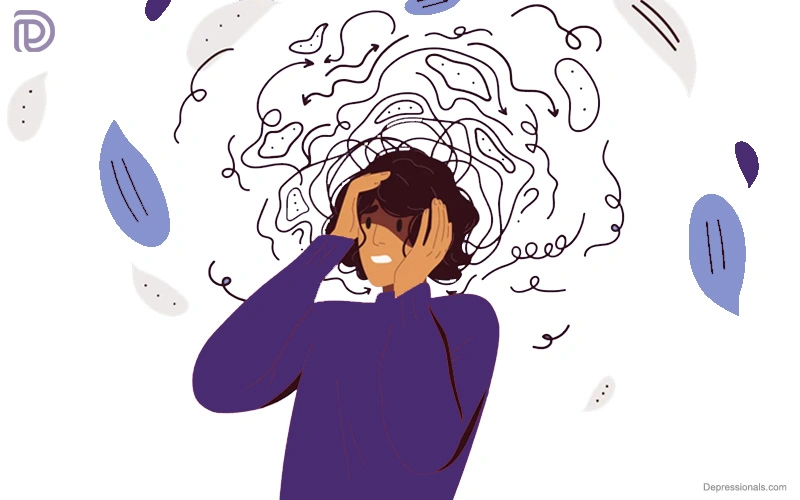
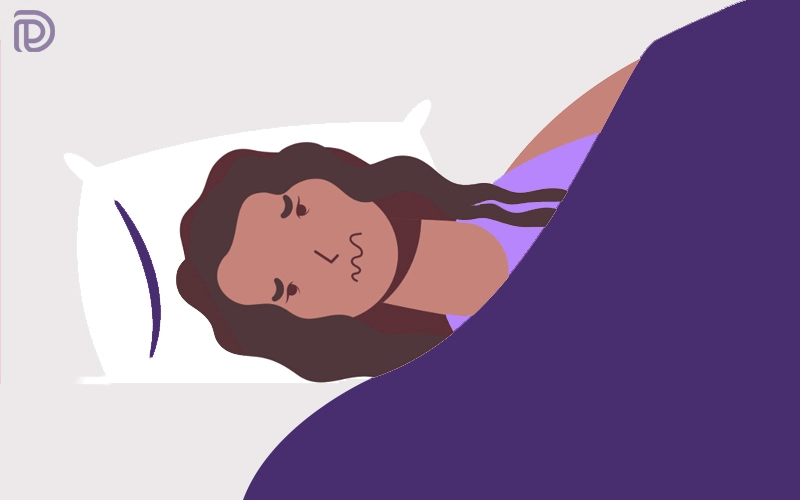
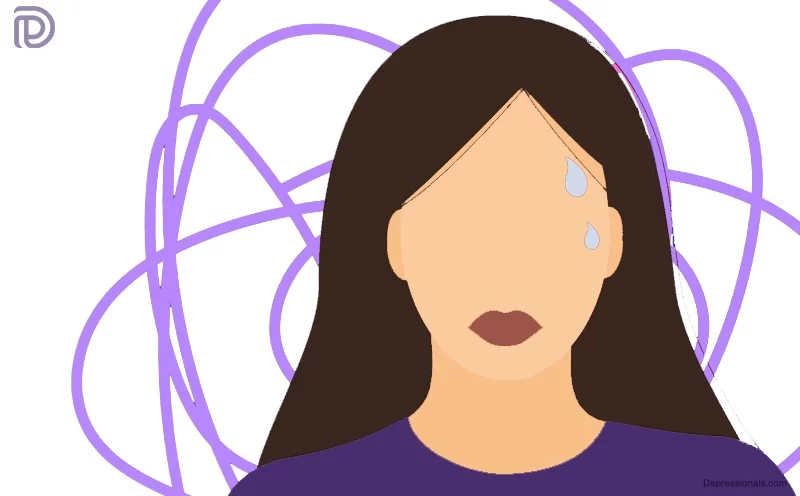
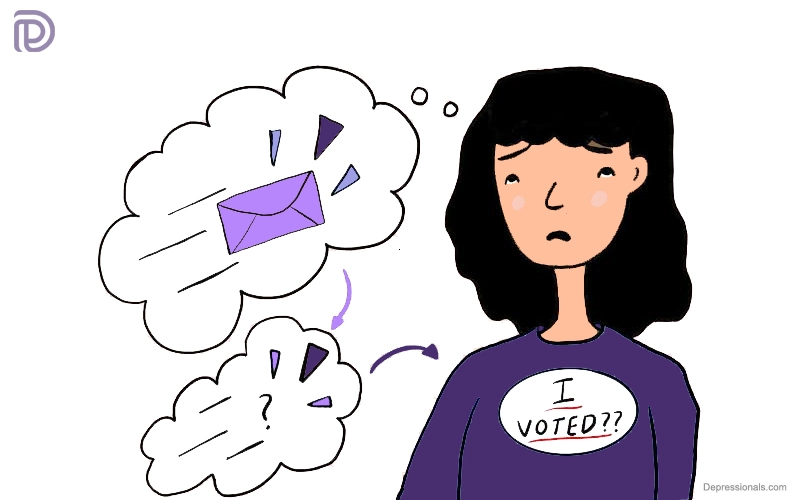
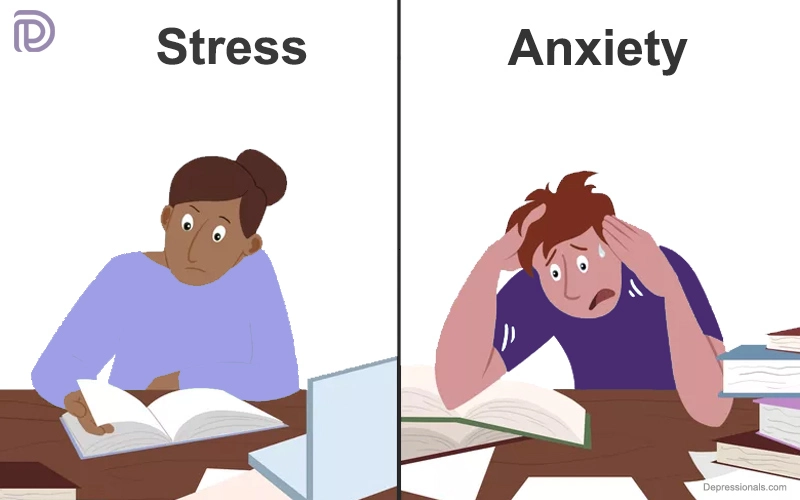

Interesting blog post.
I precisely needed to thank you so much all over again. I’m not certain the things I could possibly have tried without the type of smart ideas revealed by you over such a topic. It had become a troublesome case in my view, but considering the expert tactic you handled that took me to weep over joy. I’m just thankful for the service and thus expect you find out what a great job that you’re accomplishing educating other individuals through the use of your website. Most probably you’ve never encountered all of us.
Thanks for the posting.
Excellent post however I was wondering if you could write a litte more on this topic? I’d be very thankful if you could elaborate a little bit further. Thank you!
There is noticeably a bundle to know about this. I assume you made certain nice factors in options also.
you are truly a excellent webmaster. The website loading pace is incredible. It kind of feels that you are doing any distinctive trick. Moreover, The contents are masterwork. you have done a wonderful task in this topic!
We’re a bunch of volunteers and opening a brand new scheme in our community. Your site offered us with useful information to work on. You’ve done a formidable task and our entire neighborhood will probably be thankful to you.
Generally I do not learn article on blogs, but I wish to say that this write-up very pressured me to check out and do so! Your writing taste has been amazed me. Thank you, very great article.
I’m not sure exactly why but this website is loading incredibly slow for me. Is anyone else having this issue or is it a issue on my end? I’ll check back later and see if the problem still exists.
Hi there, just become aware of your blog thru Google, and found that it’s truly informative. I am gonna be careful for brussels. I’ll be grateful in case you proceed this in future. Many folks shall be benefited from your writing. Cheers!
I enjoy you because of all your valuable work on this website. Gloria enjoys engaging in research and it’s really simple to grasp why. My partner and i hear all of the powerful ways you provide rewarding solutions via this web blog and as well as strongly encourage contribution from visitors on that subject matter while our favorite princess is without a doubt becoming educated so much. Enjoy the remaining portion of the new year. You are performing a remarkable job.
Thanks for the information!
Hmm is anyone else experiencing problems with the images on this blog loading? I’m trying to figure out if its a problem on my end or if it’s the blog. Any suggestions would be greatly appreciated.
This web page can be a stroll-via for all of the info you needed about this and didn抰 know who to ask. Glimpse right here, and you’ll positively discover it.
Thanks for your post. I would also like to say this that the first thing you will need to accomplish is determine if you really need credit score improvement. To do that you have got to get your hands on a replica of your credit history. That should never be difficult, because government mandates that you are allowed to acquire one no cost copy of your credit report every year. You just have to request the right men and women. You can either look at website with the Federal Trade Commission or contact one of the main credit agencies directly.
Great blog post. Some tips i would like to bring up is that pc memory has to be purchased when your computer still cannot cope with what you do along with it. One can set up two RAM boards with 1GB each, for instance, but not one of 1GB and one with 2GB. One should always check the car maker’s documentation for the PC to ensure what type of ram is needed.
Good day! This is my first visit to your blog! We are a team of volunteers and starting a new initiative in a community in the same niche. Your blog provided us useful information to work on. You have done a outstanding job!
Thanks for discussing your ideas with this blog. Additionally, a fairy tale regarding the finance institutions intentions while talking about foreclosed is that the financial institution will not take my payments. There is a certain amount of time which the bank requires payments from time to time. If you are way too deep in the hole, they’re going to commonly call that you pay the actual payment entirely. However, i am not saying that they will not take any sort of installments at all. When you and the lender can seem to work a little something out, your foreclosure practice may stop. However, when you continue to skip payments underneath the new system, the foreclosure process can just pick up where it left off.
Thanks for revealing your ideas about this important ailment.
Excellent goods from you, man. I’ve bear in mind your stuff prior to and you’re just extremely great. I actually like what you’ve received here, certainly like what you are saying and the way in which in which you assert it. You make it entertaining and you continue to care for to keep it wise. I can not wait to read far more from you. That is really a terrific website.
Hello there! Quick question that’s totally off topic. Do you know how to make your site mobile friendly? My website looks weird when viewing from my iphone 4. I’m trying to find a theme or plugin that might be able to resolve this problem. If you have any recommendations, please share. Cheers!
It’s exhausting to find educated individuals on this subject, but you sound like you recognize what you抮e speaking about! Thanks
When I originally commented I clicked the “Notify me when new comments are added” checkbox and now each time a comment is added I get several emails with the same comment. Is there any way you can remove me from that service? Bless you!